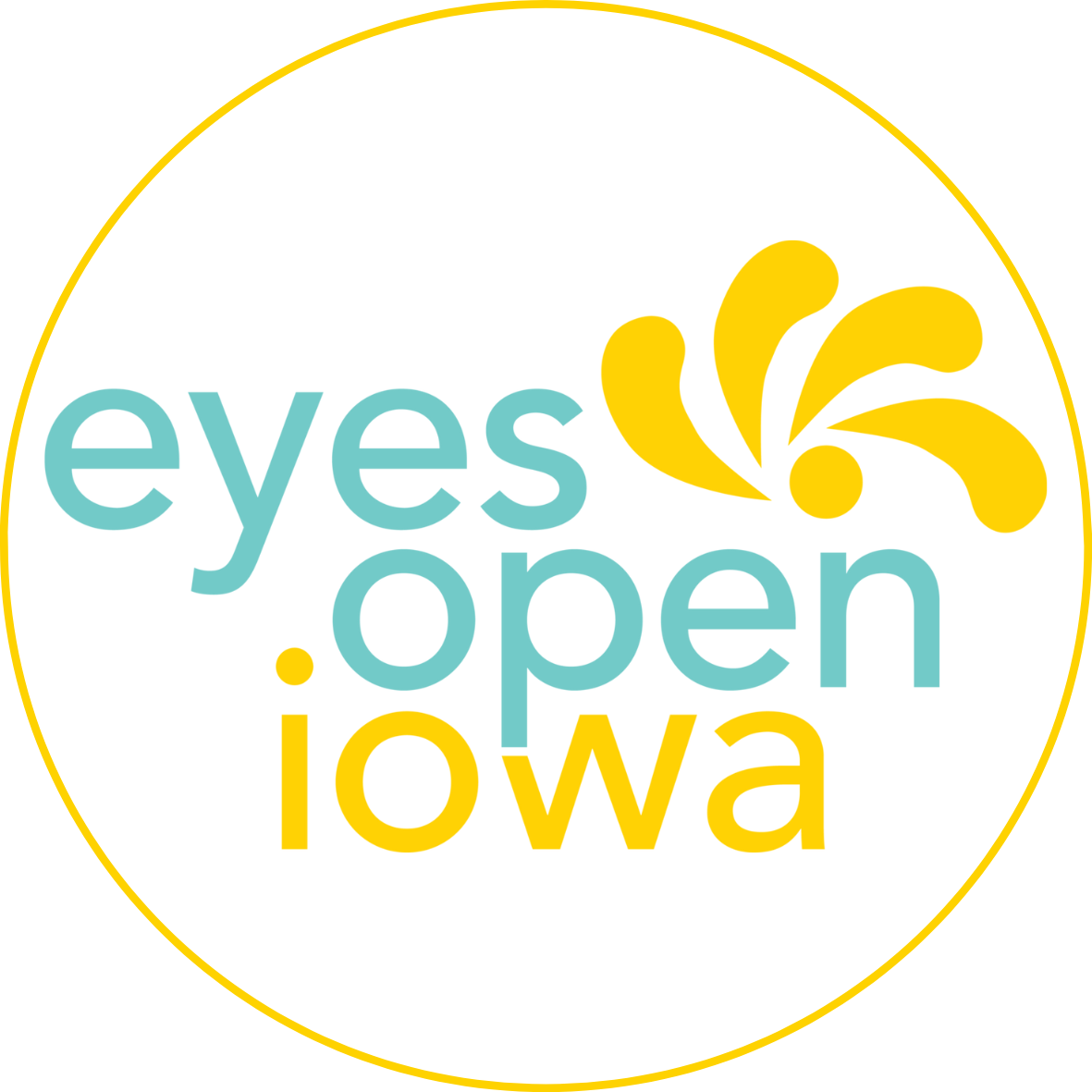Beyond the Birds and the Bees Part 2: Sex Ed Promotes Student Health
By Kirsten Brown, WISE Program Manager
When it comes to academic achievement at school, there are multiple factors that impact and influence student outcomes – though my guess is that sex education wouldn’t be the first factor most people think of when developing a list of strategies to help students succeed. However, we know that student health is essential because research has shown time and again that healthy kids do better in school.
And sex ed programs definitely play a critical role in teaching students health literacy skills and promoting healthy behaviors! In fact, there’s over 30 years worth of research showing that sex ed programs that teach comprehensive topics lead to greater health outcomes for young people (for a refresh on those comprehensive topics, check out my previous post Beyond the Birds and the Bess Part 1 😊).
Study after study has found that when students are provided with information about their bodies, condoms, contraception, relationships, etc. – it helps them to make informed decisions for themselves and in their relationships with other people. As I mentioned in Part 1, sometimes people fear that if we teach young people sex ed, then students are suddenly going to get the idea to have sex…but what we actually see through research is that sex ed helps:
Delay the onset of sexual activity (aka young people wait longer to have sex for the first time)
Reduce the frequency of sexual activity among young people (since many young people wait longer to have sex for the first time and students who’ve been sexually active return to abstinence)
Reduce the number of sexual partners that young people who are sexually active have
Additionally, studies show that when young people who receive sex ed do begin engaging in sexual activities, they use condoms and contraceptives at higher rates than peers who didn’t receive comprehensive programming.
What’s so awesome is that ALL of these findings enhance student health by protecting against unintended sexual health outcomes like unintended pregnancies or sexually transmitted infections (STIs) – therefore helping to promote academic achievement!
I also think it’s really important to recognize that school-based sex ed helps to address health disparities by providing young people with essential health information. When we teach sex ed universally at school, we’re ensuring that all students receive the same, medically-accurate health information – regardless of whether or not they have health insurance, transportation to get to a health clinic, etc. Sex ed is also inclusive and affirming of all youth, with LGBTQ+ relationships and topics represented in lesson activities – so students who identify as LGBTQ+ are also supported and receiving health information that’s relevant to their lives.
Plus, sex ed builds young people’s health literacy skills because students learn:
How to identify reliable sources of information
How to access health resources in their communities
What to expect when they go to a doctor’s appointment
Communication skills so they feel more confident in asking doctors and nurses questions
How to ask for help from healthcare providers and other trusted adults if they are feeling uncomfortable or unsafe
Again, all of which help promote student health 😊
So next time your school community starts talking about strategies to improve student achievement, highlight the connection between student health and academic achievement AND make sure that sex ed programming is part of the discussion!

